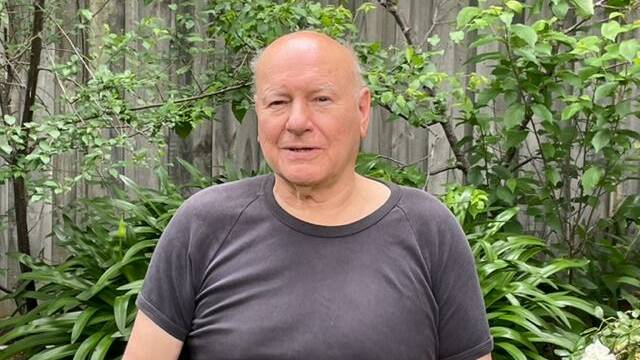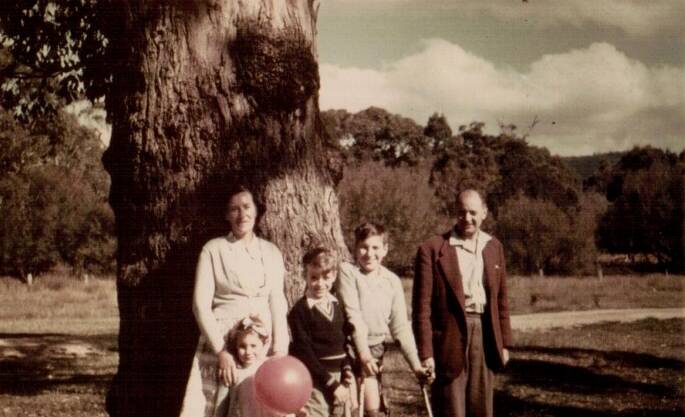
"We have been fighting all our lives to get the support we need, and we are still fighting now."
Create a free account to read this article
$0/
(min cost $0)
or signup to continue reading
Peter Freckleton's words echo the sentiments of many Australians living with polio-related disabilities whose care needs are not being met. And he says it is just not good enough.
He is one of a group of polio survivors calling on the federal government to expand eligibility of the NDIS, which is inaccessible to many people living with serious disabilities as a result of the disease.
Australians must be younger than 65 to access the scheme.
The group fears many people living with post polio syndrome will be prematurely placed into aged care if this does not change.
Mr Freckleton, a barrister and vice-president of Post Polio Victoria, said the group was considering launching a class action against the federal government if eligibility was not expanded.
The group has encouraged those who are eligible to apply while there is still time.
"Some people with polio denied their disabilities and didn't apply for the NDIS," Mr Freckleton said.
"Now they are struggling to get the support they need through My Age Care."
Others were already too old to apply when the scheme was put in place.
Mr Freckleton said the lack of NDIS support for people 65 and older should be of concern to all Australians because disability can occur at any time.
Peter's story

Diagnosed with the disease at the age of six, his initial symptoms seemed very similar to those of the flu.
"I was in bed, Mum was giving me lots or orange juice, then I woke up one morning and I couldn't move my right leg," he said.
His symptoms got progressively worse, to the point where he couldn't move a muscle.
"Luckily I never got to the point my breathing didn't work, I never needed an iron lung, but my muscles were completely knocked out."
He spent months at the Fairfield Infectious Diseases Hospital, in what he described as a "very harsh and scary experience". Parents were discouraged from visiting because it might upset the other children.
"They tended to keep us out of sight and out of mind. My father had to go to a local lawyer and get a written habeas corpus to compel the hospital to release me."
Long term effects
While he was relieved to finally be home, he was left with several serious life-long disabilities. He is paralysed in both legs, and both hips are contracted, meaning he can not straighten his back when standing. He can't walk without steel leg braces and crutches, and prefers to get around in a wheelchair these days, as it is quicker and more efficient.
In addition to his physical difficulties, he has also encountered a lot of societal barriers due to his disability, including employment discrimination.
"My disability, I couldn't hide it because I was constantly leaning forward," he said.
"Sometimes I'd put in a job application and it was good enough that they would invite me interstate for an interview, but as soon as I walked in, I saw their shutters coming down."
The workshop
The Australian Association of Gerontology (AAG), Post Polio Victoria and Celebrate Ageing will host a workshop for people with post polio syndrome at the Adelaide Convention Centre on November 22. The workshop will take place during the 55th AAG Conference, and the NDIS won't be the only item on the agenda.
The workshop will feature a number of expert presenters from various medical and health related fields, including pain rehabilitation, physiotherapy and mental health support. It aims to push for more inclusive support and services from the wider community - from employers, to physicians.
"The other thing we're trying to get across is disability is not a death sentence - you can have a good life, provided you get the right sort of support," Mr Freckleton said.
The vaccine
The workshop also aims to raise awareness of the importance of parents vaccinating their children, with the recent resurgence of the disease in New York highlighting the danger of under vaccination.
"The vaccine was brilliantly effective. When it came, suddenly (new cases of) polio was a thing of the past, it was only long polio that was a problem,' he said.
"I think it would be very foolish of people not to vaccinate their kids."
The workshop will take place from 9.30am-12.30pm and the cost is $50 per person.

